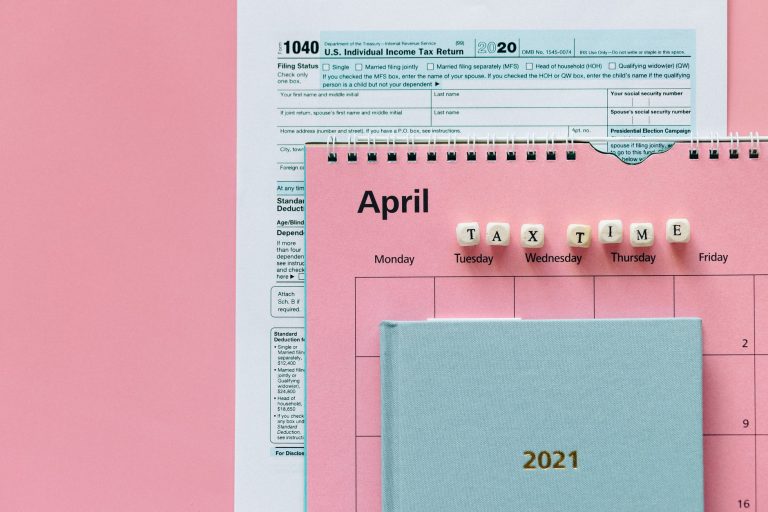The world is increasingly recognizing the importance of US action to limit global temperature rise, and Joe Biden’s campaign appointments, including former Secretary of State John Kerry as president’s special envoy for climate change and early action, demonstrate his interest in a new approach to combating climate change. The United States must advance a credible domestic strategy for robust and sustained climate action that is considered reliable and not subject to a reversal over time in the context of these political attacks on climate change.
For starters, Biden’s government should appoint a deputy adviser on climate adaptation to create a platform to help experts, cities, municipal organizations, and the private sector develop a national adaptation strategy. This strategy should address the impact of climate change on regional populations, economic growth, social, financial and infrastructural adaptation and promote adaptation of communities. The United States should also take the lead in providing the financial resources that developing countries and major emitters need to boost their climate ambitions and help poor and vulnerable countries to adapt to the obvious effects of climate change.
Effective adaptation planning requires community cooperation and involvement. Storm water management and water quality should take into account their logistics and look for ways to integrate adaptation measures into existing plans – for example comprehensive plans and plans for water catchment areas. They should raise public awareness and coordination, present green infrastructure and climate adaptation projects, and use rehabilitation projects as a demonstration of climate change adaptation opportunities, using LIDS, green roads and environmental site design.
Politics range from modest adjustments to broad changes that open a wide range of options for communities to consider depending on their needs and context. The EPA website provides examples of how municipalities, states and tribal communities are taking action. Measures include increasing the production of renewable energy, selling credits for CO2 storage in agriculture and promoting more efficient use of energy.
California is at the forefront of bilateral climate agreements with countries around the world, including China and India. According to the report, 65% of the American population, 51% of greenhouse gases and 68% of GDP are part of various coalitions supporting climate change and are committed to meeting US commitments under the Paris Agreement. Regional organizations, states and cities around the country are achieving real-world emissions reductions and gaining valuable policy experience in addressing climate change.
Cities and towns around the world are focused on solving their own climate problems in the absence of a national and international climate policy direction. They are building flood defenses, planning heatwaves and high temperatures, laying water-permeable pavements to cope with floods and rainwater, and improving water storage and use. Climate Protection activities are conducted at the federal, federal and local levels as well as the private sector.
Investing in our health care system, strengthening and establishing a new social security net, and building accountable institutions are crucial to address the root causes of climate vulnerability. Dramatic climate action requires addressing the affective aspects of loss, racism, faith healing and hope that are necessary to motivate collective, inclusive change. Communities in the United States should anticipate, plan, and prepare for the impacts of climate change.
Their national adaptive action plans (NAPAs) are implemented in a fast and dirty way using existing scientific information on the potential impacts of climate change. Four hundred-eight developed countries (LDCs) developed adaptation measures in a participatory way, prioritizing adaptation measures. It is interesting to note that such actions take place in poorer countries and communities. Perfected as a scientific and technical exercise, NAPA allows these countries to develop their knowledge and capacity in the field of climate change and to work on the interinstitutional aspects of decision-making in the same country, rich or poor.
Adapting to life in a changing climate means adapting to the actual or expected future climate. Natural rivers, wetlands and biodiversity in the United States have limited capacity to adapt to changing human-managed climate systems such as agriculture, water resources and coastal development and must be managed in a manner that reduces the severity of the adverse effects. The last few examples mentioned above allow us to reflect on new paradigms of learning, decision-making and adaptation to climate change at global and national levels: people learn in rich countries and communities learn in poor countries.
The goal of mitigation is to avoid significant human intervention in the climate system, to stabilise greenhouse gas emissions within a timeframe sufficient to allow ecosystems to adapt to climate change and to ensure that food production is not endangered and that economic development can proceed sustainably (UN Intergovernmental Panel on Climate Change, 2014, page 4 ). Substantial investments and adjustments will have to be made with imperfect information and foresight, and successful adjustment will become more difficult as faster speeds and a higher degree of warming are recorded. When looking at states “progress, it is important to note that states and cities are not” green “enough to do what is necessary to combat climate change, combat racism and systemic injustice, promote high-quality jobs, and have a complete economic transition to a new energy future.
Greater support from states and municipalities is critical to maintaining critical services that continue to drive economic and climatic progress. The role of state, local and tribal leaders in mitigating climate change should not be overlooked; and it has affected how the rest of the global community reacted with horror when President Trump announced on 1 June 2017 that the entire United States would withdraw from the Paris Climate Agreement. No one can match the power of a committed and effective federal government to mobilize the entire nation.




